The highest quality nature-based carbon credits
Josh, tell us a about your work and how it intersects with the impact space.
My partners and I built a group of companies to address climate change while empowering and enriching indigenous communities. Carbon Ethic is a group of companies committed to addressing issues of transparency, accountability, and quality in the carbon markets. We part with indigenous groups to protect their forests and enhance the health of those forests. We then generate carbon credits from these activities and split profits equally with our indigenous partners. Through our proprietary technology and expert team, we offer the highest quality nature-based carbon credits in the market.
I have worked in the impact space for over 10 years on various other projects as well, including the Vatican’s Laudato Si Impact Accelerator, Forbes Impact, Multitaskr (affordable housing), Economic Club of Africa, Child Rescue Association, and numerous other endeavours.
Positive meaningful solutions
What is your own definition of impact?
Positive meaningful solutions to help address challenging social and environmental issues.
Looking after our forests
What do you believe is one of the most important issues that need to be solved over the next 10 years?
Climate change and the protection of the worlds forests. Canada’s forests have been a net emitter of carbon since 2002. This is not just a problem in Canada. This is a global problem. Other forests are just as bad, if not worse. This is because the forests are not well maintained or protected. The world’s forests are decaying, burning, and dying. Consequently, these forests are not able to “do their job” of sequestering carbon effectively and they are starting to emit more carbon than they absorb. This is a major problem for the world, but it’s one that we can address.
Distrust in the market
What do you think are some of the biggest challenges in the impact space?
Carbon markets are vastly varied in their pricing and qualification regimes. This results in a lack of consistency and quality of carbon credits. There is far too much waste, fraud, and abuse among project developers who take advantage of these issues and sell questionable credits. There are many tricks that they use to do this, which creates a lack of trust in the carbon markets. That discourages emitters from participating in the carbon markets to offset their emissions.
What gets measured gets done
Tell us more about the long-term vision you have for your work and how you measure & quantify your impact.
My mission is to continue collaborating with impactful visionaries to launch and scale businesses that meaningfully address our world’s most pressing issues. What gets measured gets done, so I focus on business that measurably deliver impact. In the case of Carbon Ethic, our impact is measured by the amount of carbon we sequester and the dollars that we generate for indigenous communities.
An impact on profit?
What are some of the misconceptions you’ve noticed regarding what “impact” is all about?
Many investors and analysts believe that impact comes at the expense of profit - that there is a trade off between the two. In the case of a profitable business that prioritizes impact, these investors and analysts argue that the business would be more profitable if it dropped the impact focus. As the TTI community knows, the numbers don’t support this view. Another misconception is on the executive side, many business leaders view impact as a window dressing opportunity; a chance to divert attention from poor performance; or an opportunity to get PR for impact initiatives.


